Cast your minds back to midnight on new years eve. You probably weren’t thinking about your room pricing. But if you had been, would you have felt confident about how demand will play out this year? How much would you bet on being right? If you are in charge of setting prices for a hotel, then a lot of money can depend on not getting it wrong.
Usually, given the data from previous years, you can make a good prediction for next year, but what should you do in these circumstances with new variants and new unknowns?
Uncertainty vs Variability
Consider what used to happen with reservation patterns. In more predictable times in the past, this year would usually be pretty similar to last year. Lead times would be similar, meaning that by comparing how you are going so far this year, you can get an idea of where you will end up. Cancellations are steady and predictable. Whilst you may be disrupted by a new competitor, or changing trends, the structure of bookings remains the same.
This is no longer true at all. If you are not getting bookings now, it might be because people are waiting for the last minute to book because of changing regulations. Or it might be that they aren’t coming.
Then consider your reservations already on the books that have free cancellation. How secure are they? Previously you would have a percentage cancellation rate. Now, it is anyone’s guess.
Previously you couldn’t predict your revenue exactly, but you could be pretty confident it would vary within a reasonably tight percentage range. Now it could be either your busiest year ever or closed by the government for a lockdown. In previous years you had variability in revenue; now you have real Uncertainty.
Different Segments Behave very Differently
Last year, you could see a clear divide amongst our hotels. The leisure hotels in richer countries could have been having their best year ever, while the city hotels for business guests have, in some cases, remained closed.
The speed of the return of business travel is critical here for the city hotels, as is people’s willingness to take short breaks as travel is more complicated.
And for leisure hotels, the further away they are from their target market, the worse they have found business, especially if flights and cross-border travel are required. The far-away holiday resorts hope that long-distance travel comes back with a bang in 2022.
With all of these, there is so much uncertainty about customer behaviour, government restrictions, and the coming of potential new variants.
The importance of Travel Restrictions to And From Key Markets
As mentioned previously, having a leisure holiday hotel in a rich country was a ticket to having the best year ever for many hotels. This was caused by a combination of travel restrictions and customer reluctance to make long-distance journeys.
Taking the UK as an example, the restrictions on foreign travel were not raised until late July. Furthermore, the government wouldn’t even announce this until well into July. By the time the restrictions were lifted, it was too late for many to organize an overseas holiday. It was not just the restrictions in play but also the uncertainty over restrictions.
How confident will people be to book foreign holidays next year? Really this depends on what happens between now and then. New variants, rising cases, flip-flopping governments and lack of clarity will all contribute to larger domestic travel markets and lower foreign travel.
So, How Do You Price Your Rooms in an Age of Uncertainty?
You can take several steps to reduce your pricing risk and get the best results. Using automated pricing software like RoomPriceGenie can help with all of these.
1. Don’t go Too Low
Remember that if things get bad, they can always cancel their booking on you. But if things get good, you can’t cancel theirs! People will tend to book later anyway, but you shouldn’t make it too cheap if they choose to book early.
2. Using Market Data as an Essential Part of Your Pricing
As discussed, this is a time of uncertainty rather than variability. This means that using your internal reservation data the way you used to will probably give misleading results. But where do you base your pricing, if not on this data?
Probably your best bet is to look at what other hotels with a similar client base are doing. This way, you are pooling together everyone’s best guess. Also, by staying relatively in line with the consensus pricing, you will be getting a reasonable share of whatever business there is.
For this, you can use Google Hotels, Expedia Rev+, or you can get a paid rateshopper. If you keep your rates around those of your best-priced competitors, it is a good start.
Looking at competitor pricing and making sure that you are priced correctly relative to them (and software can do this job for you) means that:
- You use all of the competitor revenue managers combined experience to make the best guess at the correct pricing
- You gain at least your fair share of whatever business there is
While it is an excellent place to start, there are two main problems following the market.
First, you may miss out on what makes you special (or indeed the opposite) in the current environment. You need to know where you are outperforming or underperforming the group.
Second, if everyone follows, you run the risk of ‘Group-Think’. This is where everyone in a group gets confirmation of their opinions from other people with the same opinions. Everyone can end up following each other off a proverbial cliff. Outside confirmation is needed here.
3. So Here is Where Your Data Comes in…
It has already been discussed that internal reservation data isn’t enough when you have this level of uncertainty. But at the same time, it is also true that a strategy of simply following the market isn’t enough if you want to excel. To have a really good performance, you need to be augmenting the market information with your data.
If you are starting to fill up early, you need to be going above the market price to protect yourself against being too cheap. The most heart-wrenching outcome would be a one-off super-busy season where you sell your rooms too early, and have to watch as rooms are being sold by competitors at the double the price. It could be the sign of a bigger boom, and in these cases, you want to make sure you are still selling at the end.
Your data needs to warn you early and make sure you raise prices. Keep an eye on periods that are busier than expected.
With good revenue management software, the algorithm will see demand early and make sure you are not positioned too low. At the same time, if you are not performing as you would expect, it will put you a little cheaper than the alternative options.
4. And Then You Should be Adding Your Expertise to Gain a Little Bit of Extra Edge
But even with the market data and internal data, you can still add your knowledge about your hotel and the general situation. Please keep a lookout for changes in regulations and see how they affect the data.
Look at lead times and what it means for pricing. If you think that client behaviour has changed, you can change parameters in your pricing model.
Monitor your minimum and maximum prices to see if they are still relevant. They may need to be adapted to the new normal.
Overall, keep talking to people in the local market to keep up-to-date on the sentiment. Staying on top of what is going on and adapting to the situation will mean getting the best possible results.
Free Course: Revenue Management & Hotel Technology
Increase revenue with this revenue management & hotel technology course. After finishing it and the accompanying checklist, you should feel more at ease with revenue management and hotel technology and observe a significant rise in profitability. Click here to download the course “Revenue Management & Hotel Technology”.
Pricing in a time of uncertainty is complex, but you can still do a five-star job by being aware of competitor prices while adapting the prices for your property with your performance. Additionally, you can benefit from adding your knowledge and making sure not to go too low with your prices.
More Tips to Grow Your Business
Revfine.com is the leading knowledge platform for the hospitality and travel industry. Professionals use our insights, strategies, and actionable tips to get inspired, optimize revenue, innovate processes, and improve customer experience.Explore expert advice on management, marketing, revenue management, operations, software, and technology in our dedicated Hotel, Hospitality, and Travel & Tourism categories.

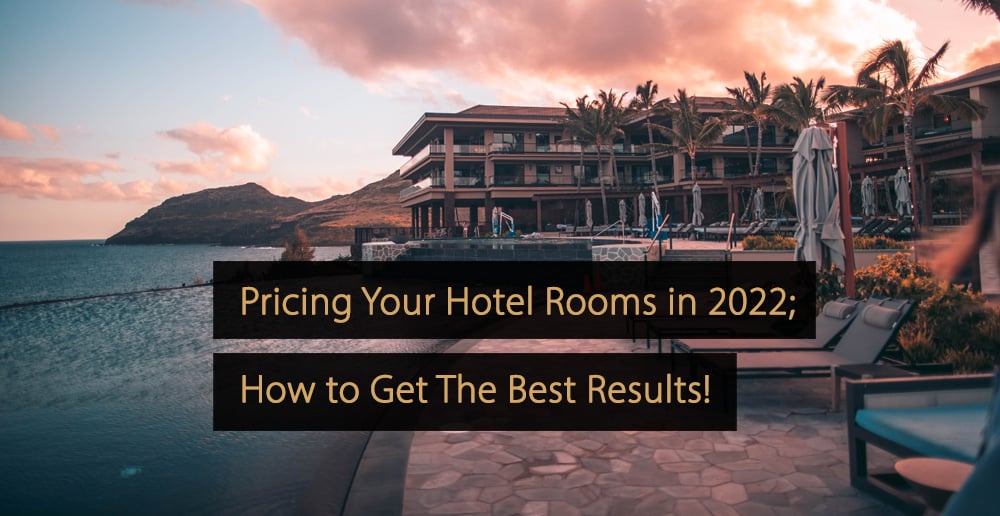

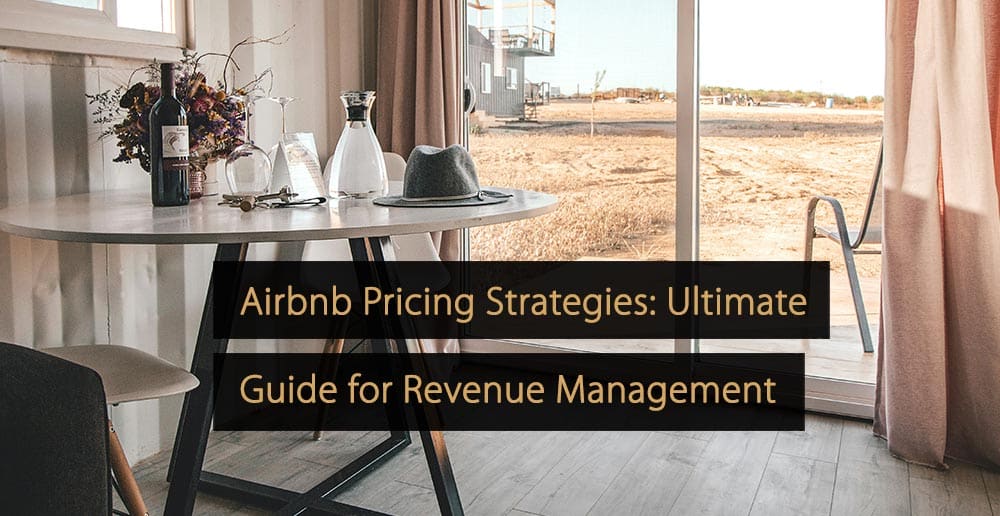
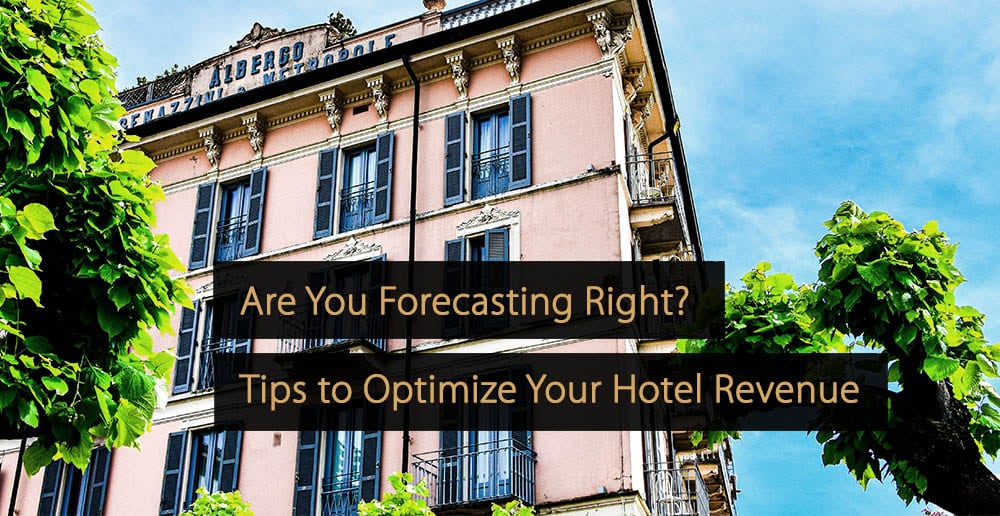
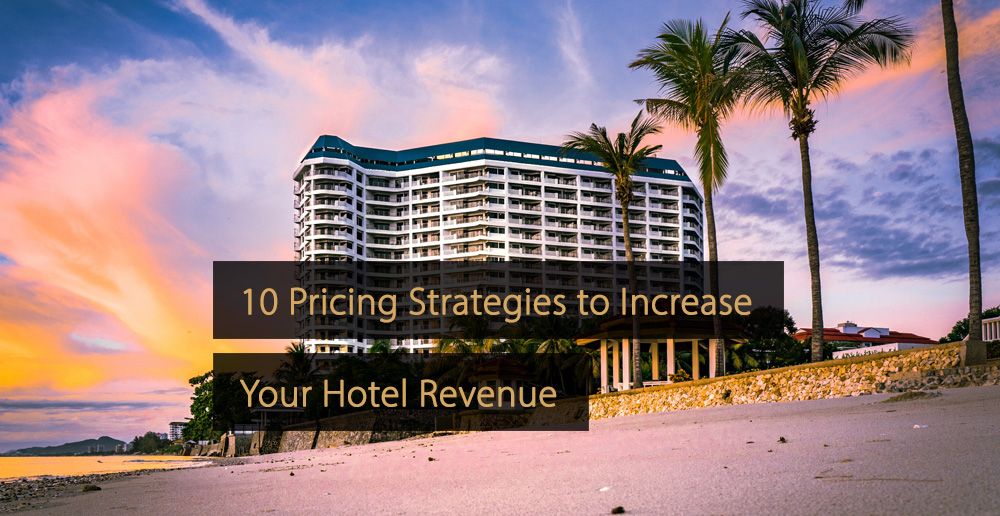
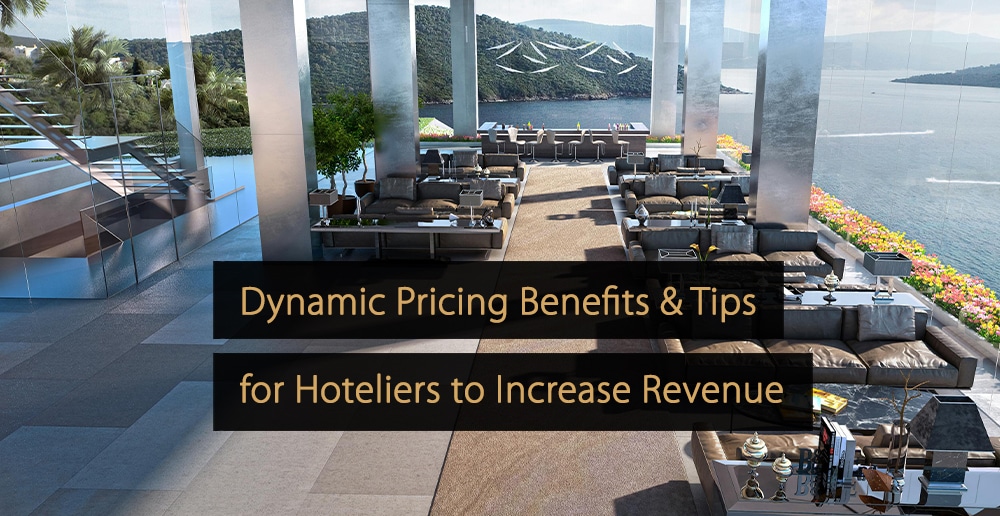
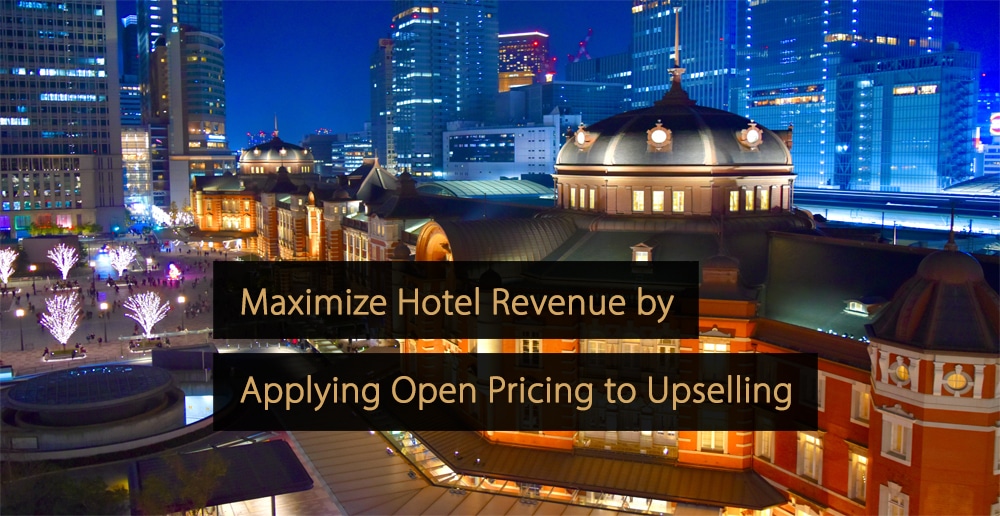
Leave A Comment